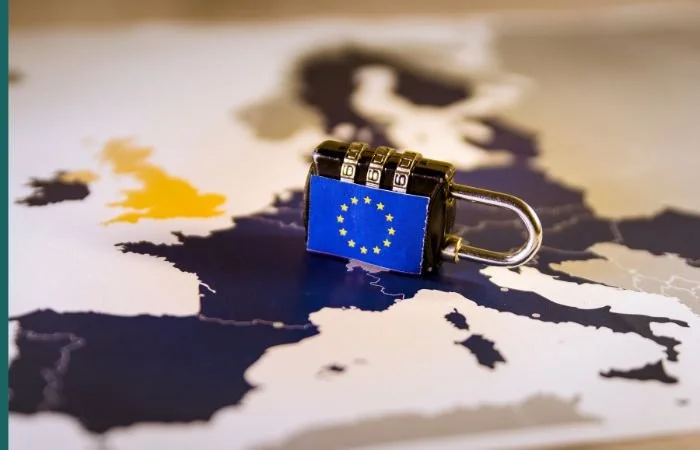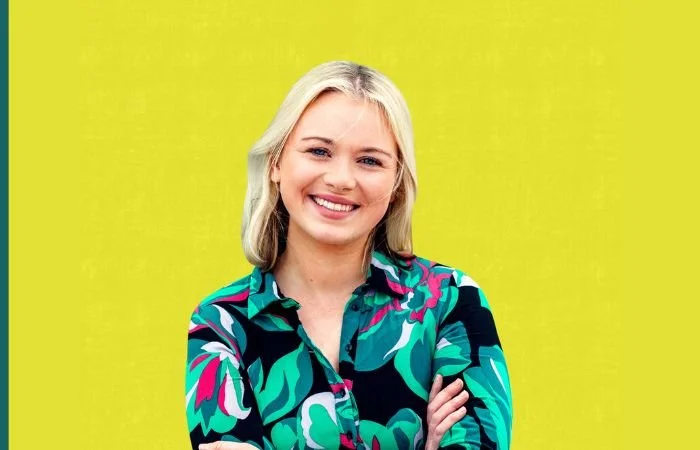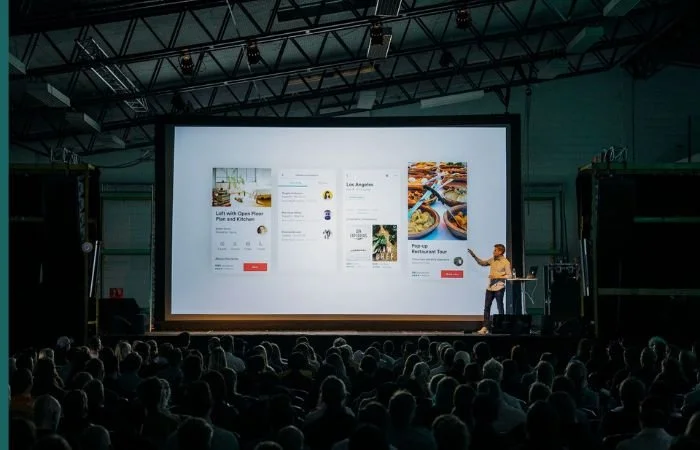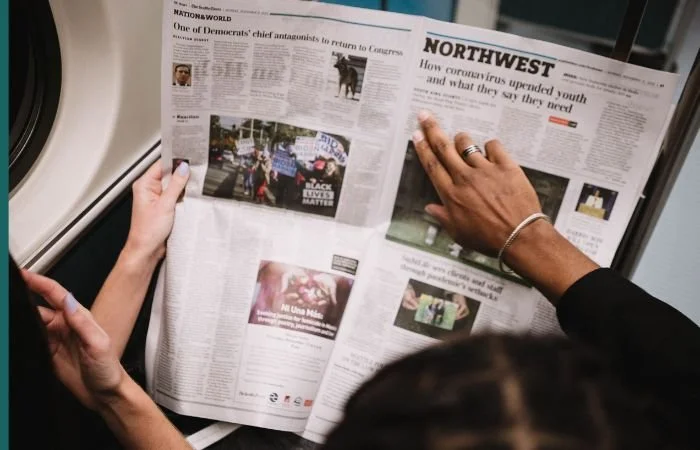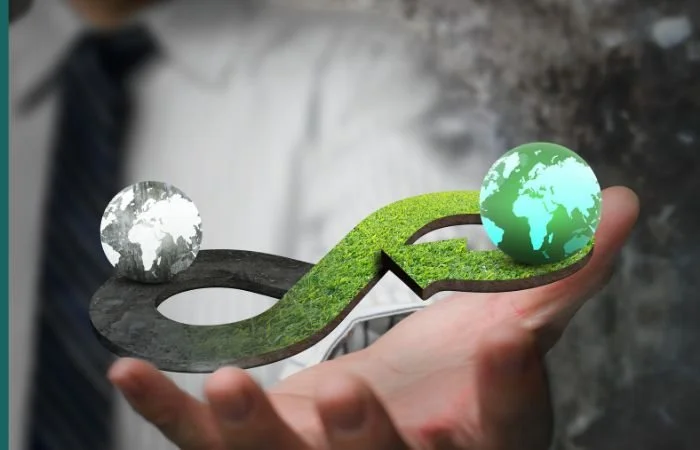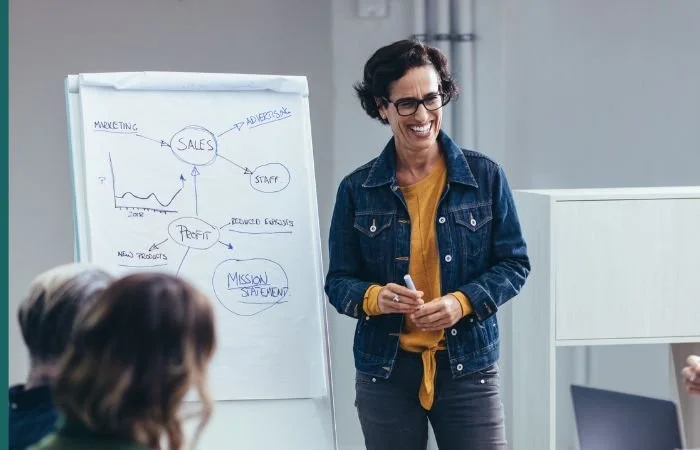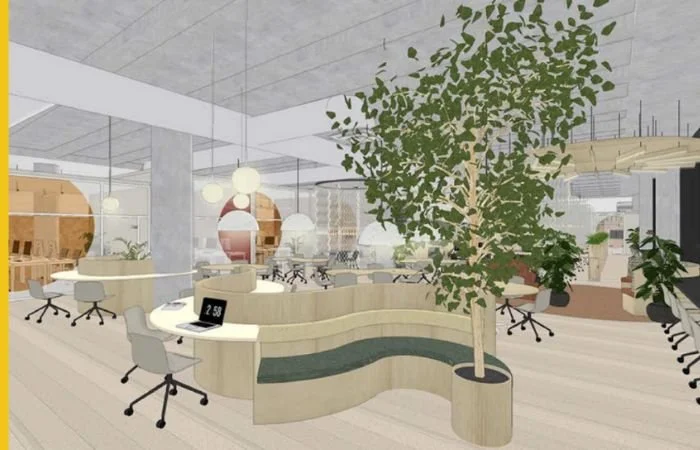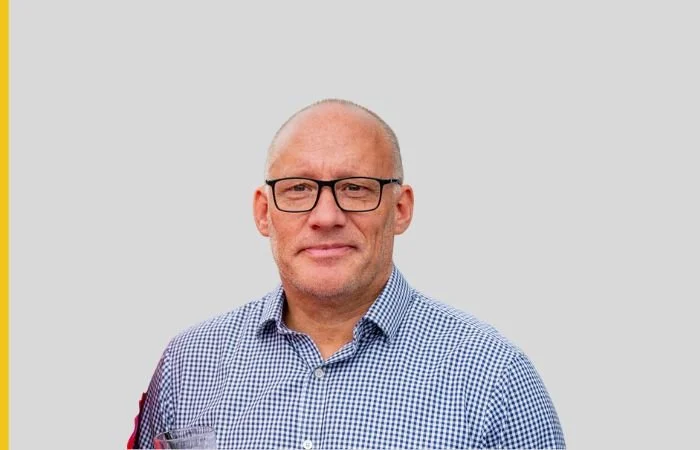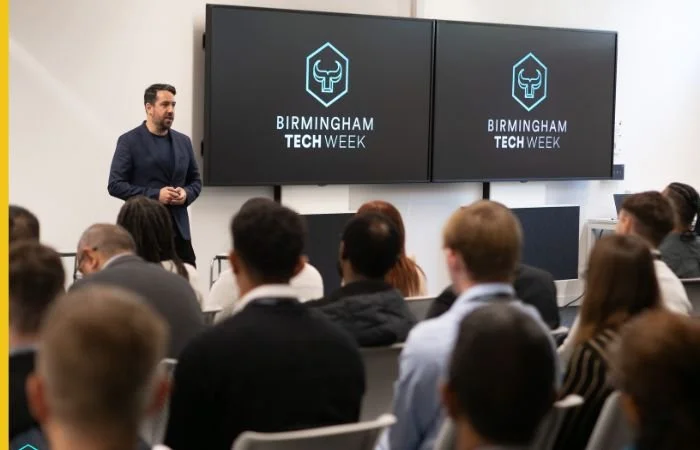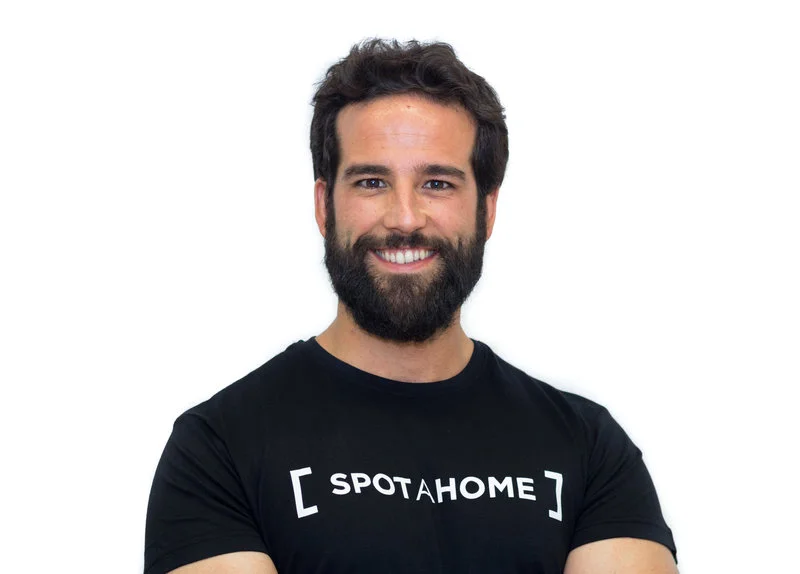Meet the co-founder of Double Dutch
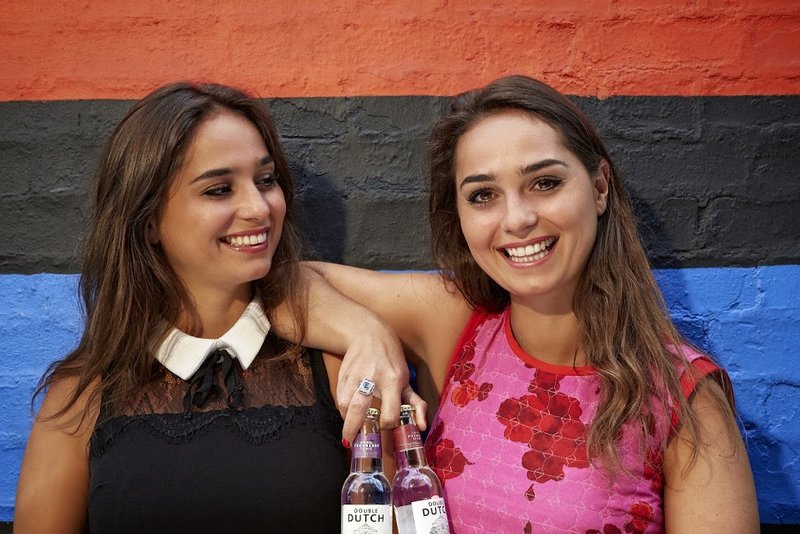
Hi Raissa, thank you so much for joining me. To kick things off, tell me a little bit about the founder of Double Dutch
Thanks so much for having us here today. We often read articles from Just Entrepreneurs and so it is great to have a chance to be here and tell our story. As you can see, we are twin sisters and we come from the Netherlands, which starts to explain the name of our company. We started off with a passion for making our own mixers, as the standard offering on the market was all pretty much the same and we realised that there was an opportunity to make better alternatives to your standard tonic waters. The name Double Dutch reflects a business that is a continuation of that original passion that we had. We have evolved somewhat from mixing our own concoctions at university get-togethers, but our purpose is the same, and that is to create amazingly balanced mixers and tonics to go with quality spirits.
Inspiration is always a great indication of why people launch businesses. Who or what inspired you to get started?
Our inspiration was ingrained in us from an early age, with our parents owning a gin and spirits shop. We grew up in the Netherlands which is the birthplace of gin, and so our education started at a fairly young age. The knowledge and eye for good flavour that we have acquired is something that comes directly from our Dutch heritage. Being exposed to high quality spirits throughout our formative professional years meant we understood that mixers and tonics had a lot of room for growth if they were to be as refined as the spirits they were mixed with.
How did you fund the launch of your business and what creative strategies did you use to execute a minimal cash flow?
With a strong believe that quality spirits deserve to have a complementary and unique mixer, we decided to take it upon ourselves to create the necessary change. We moved to London to study a MSc. Technology Entrepreneurship at UCL (University College London), and decided to devote our dissertation to finding a solution for our frustrations. Graduating in September 2014, we won the UCL Bright Ideas Award for most promising startup. This was our first recognition and this award gave us a financial investment we put forward into our first production lines and a year of free London office space.
We then raised two rounds of investment funding (one in 2015 and one in 2017) with business angels, which helped us bring more capital and more skills into our business structure. The skills and expertise factor was a big one for us when we were choosing where to look for funding.
Here are some of our tips and strategies to execute a minimal cash flow:
It’s all about who you know (I'm a big believer that people buy from people). We did loads of networking, visiting many events and we used social media extensively to contact potential customers
We did everything ourselves, and just did crazy long hours for first 18 months. We didn’t have much of a social life in that time!
Ask for loads of advice (found people via social media mostly)
Work around big agency fees that are often a barrier to the next level. For instance, we spent a lot of time on social media scouting good freelance designers when doing our new labels. We managed to find someone to do the same job as a professional agency for about a third of the cost, which made a huge difference to our bottom line and our new labels came out looking very sleek.

How did you conquer those moments of doubt that so often affect entrepreneurs or stop many with great ideas – what pushes you through?
You definitely have to develop a thick skin. There is a lot of rejection involved in the beginning, so you need to make sure you stick to believing in yourself. Luckily for us, we always had each other as best friends to motivate and encourage each other. Staying passionate and keeping your belief strong are definitely things that will get you through the tough times.
What first in the mornings, phone, book, laptop or me time?
The mornings are definitely important to get a headstart on the day, especially when your inbox never stops receiving mail! It is usually a mix of laptop work and organising the day ahead. Plus a good cup of coffee!
What plans do you have for Double Dutch over the coming 12 months?
We have an exciting year ahead and we are going to be doubling our team this year. We are bringing in some more ambitious people across the board, going to 15 fulltime employees and 4 part-timers with a big focus on our home market in the UK.
Myself and Joyce will be keeping our passports at the ready, as we are going to be growing our exports by 200% into a number of new international markets. Seeing the world while you work is definitely one of the perks of building a global brand.
What’s the most important question entrepreneurs should be asking themselves?
I think it would be something along the lines of whether you really see yourself doing this day in, and day out for the next 5 years, which includes putting your social life on hold for about two years. It takes a lot of sacrifice to run your own business, so you need to stay constantly motivated to chase your goal.
What are your thoughts on networking to build your business?
Networking is something that can never be overvalued. It’s a cliché, but it is certainly about who you know and how you manage relationships. We came to the UK with a big idea but without any contacts or network whatsoever, and I really believe we successfully built our company around a great network of people. The first 6 months can really make or break a business, so getting the right people behind you makes a huge difference.
It's important to have experienced and dynamic brand ambassadors that can help grow the business with advice, strategy or customer introductions. Having some influential people behind the brand can really help build credibility. We were awarded a Foodpreneur Award from Richard Branson in 2015. It really helped people see us as the real deal which led to further investment and interest from other key stakeholders.
What would be your top marketing tip, to grow a business that is so niche, yet incredibly timeless?
I think the key marketing is to stay authentic to what you want to be. You need to put a lot of time into thinking how you want to be thought of by people when they hear the name of your company. Your brand needs to be reflected in everything you do, and not just when you are being seen online or in a magazine. I think the most important thing you can do as a growing company, is treating your customers like royalty. When you get your customers on your side, you create brand fans that do free marketing for you just because they love what you do.
The way you have utilised Instagram to grow your brand is amazing. What would be your top 3 tips for any small business owner, on how to build an engaged audience on Instagram?
Open the Dialogue
We love to chat to our customers and see what they have to say. Social media needs to be a two-way street
Partner Up
There are so many other businesses out there doing cool, innovative things. Don’t be afraid to work with them to collaborate and do things which people love
Know what you are good at
As a growing brand, use your Instagram to show people what you are really good at. Putting yourself out there will attract people who value what you are doing as a brand
What are your thoughts on failure as an entrepreneur?
I think failure is thrown around a lot when talking about entrepreneurs, but most of the time when things go wrong it is not failure. We like to think of it as necessary curve in the road. You learn a lot more from something going wrong, and gain a lot more insight into your own business. I think failure is an integral part of building a business and always will be.


















